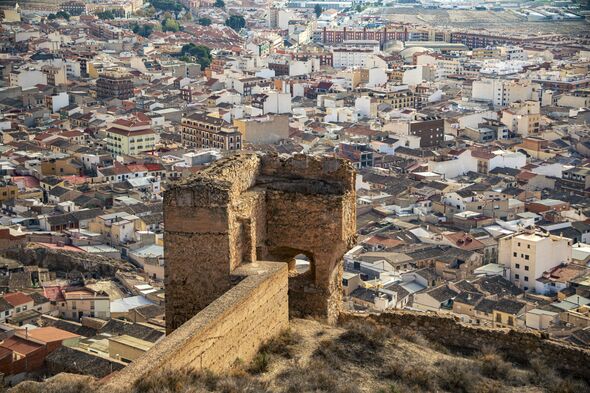The Spanish town of Jumilla, in the region of Murcia, has become the first in the country to ban Muslims from celebrating religious holidays such as Eid al-Fitr in public places. The decision was taken just weeks after anti-immigrant riots in a neighbouring area.
The city, home to around 27,000 people, of whom approximately 7.5% are from predominantly Muslim countries, passed a controversial decree that sparked heated debate. The initiative came from the People’s Party (PP) and was supported by the Vox party.
Vox welcomed the ban, saying that “Spain is a land of Christian people.” Under the new decree, Muslims are prohibited from using public spaces such as sports halls and cultural centres for religious, cultural and social events that have not been agreed with the municipality and are “not in keeping with local identity.”
This decision excludes the possibility of holding Muslim holidays such as Eid al-Fitr (the end of Ramadan) and Eid al-Adha (the Feast of Sacrifice) in public buildings.
Critics have condemned the new decree, calling it veiled discrimination against Muslims and a violation of constitutional rights to freedom of religion. The head of the Spanish Federation of Islamic Organisations, Munir Benjelloun Andaloussi Azhari, called the decision “Islamophobic and discriminatory” and stressed that such restrictions are directed exclusively against Islam. “No other religions are subject to such bans,” he said in an interview with El País.
Francisco Lucas, a representative of the Socialist Party in Murcia, accused the People’s Party of undermining social unity for political gain. “They are threatening social cohesion and violating the constitution,” he said.
The ban came into force less than a month after an incident in Torre Pacheco, about 100 km from Humilla, where anti-immigrant protests took place. The unrest was triggered by an attack on a 68-year-old man who, according to media reports, was beaten by three young men of North African origin on July 9.
